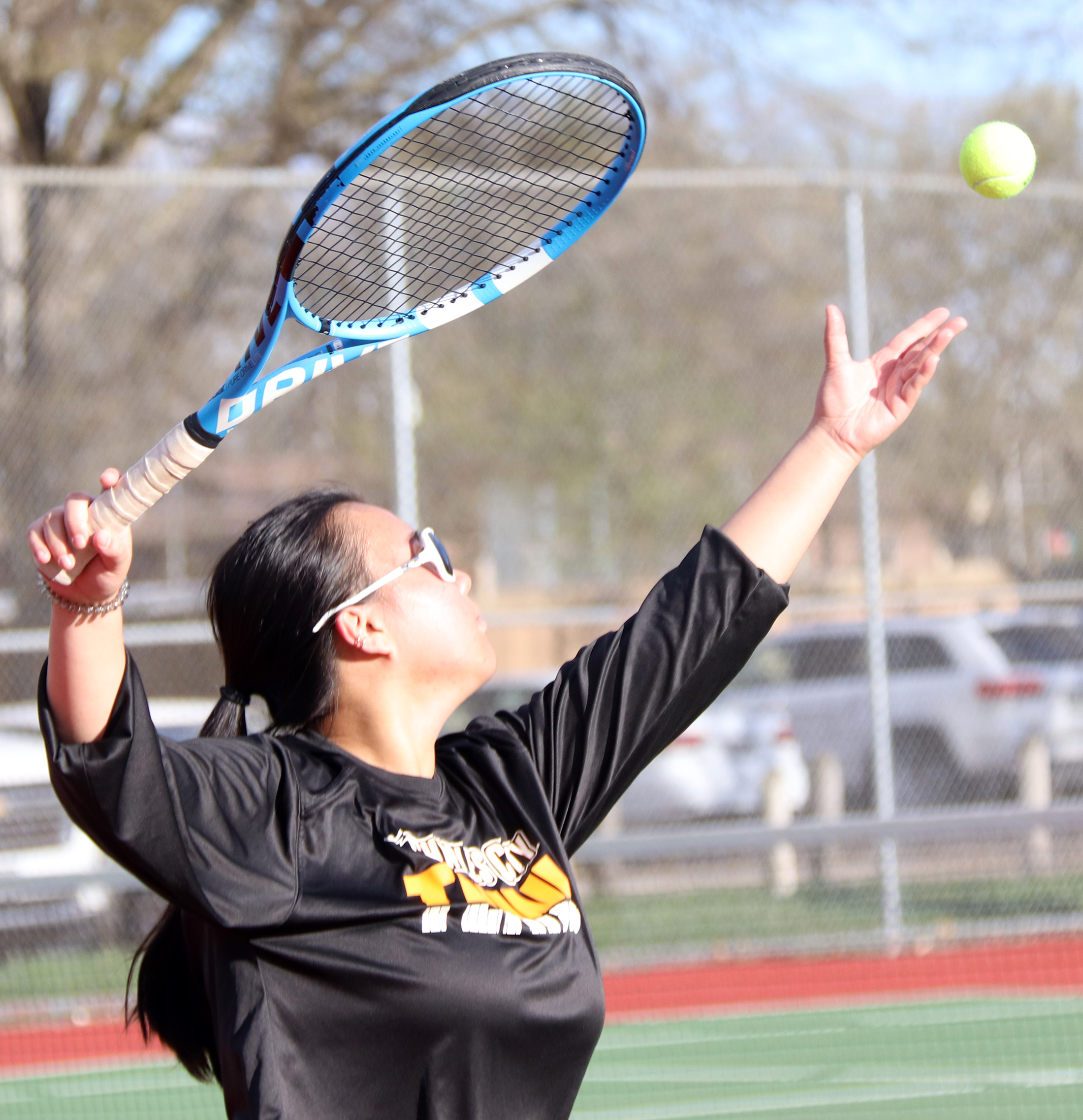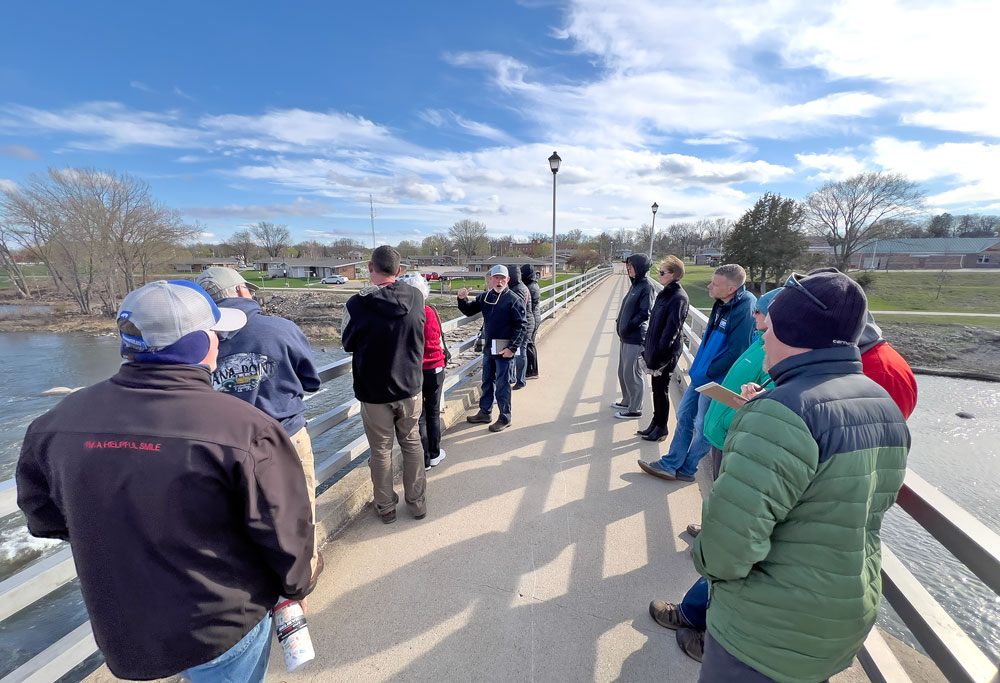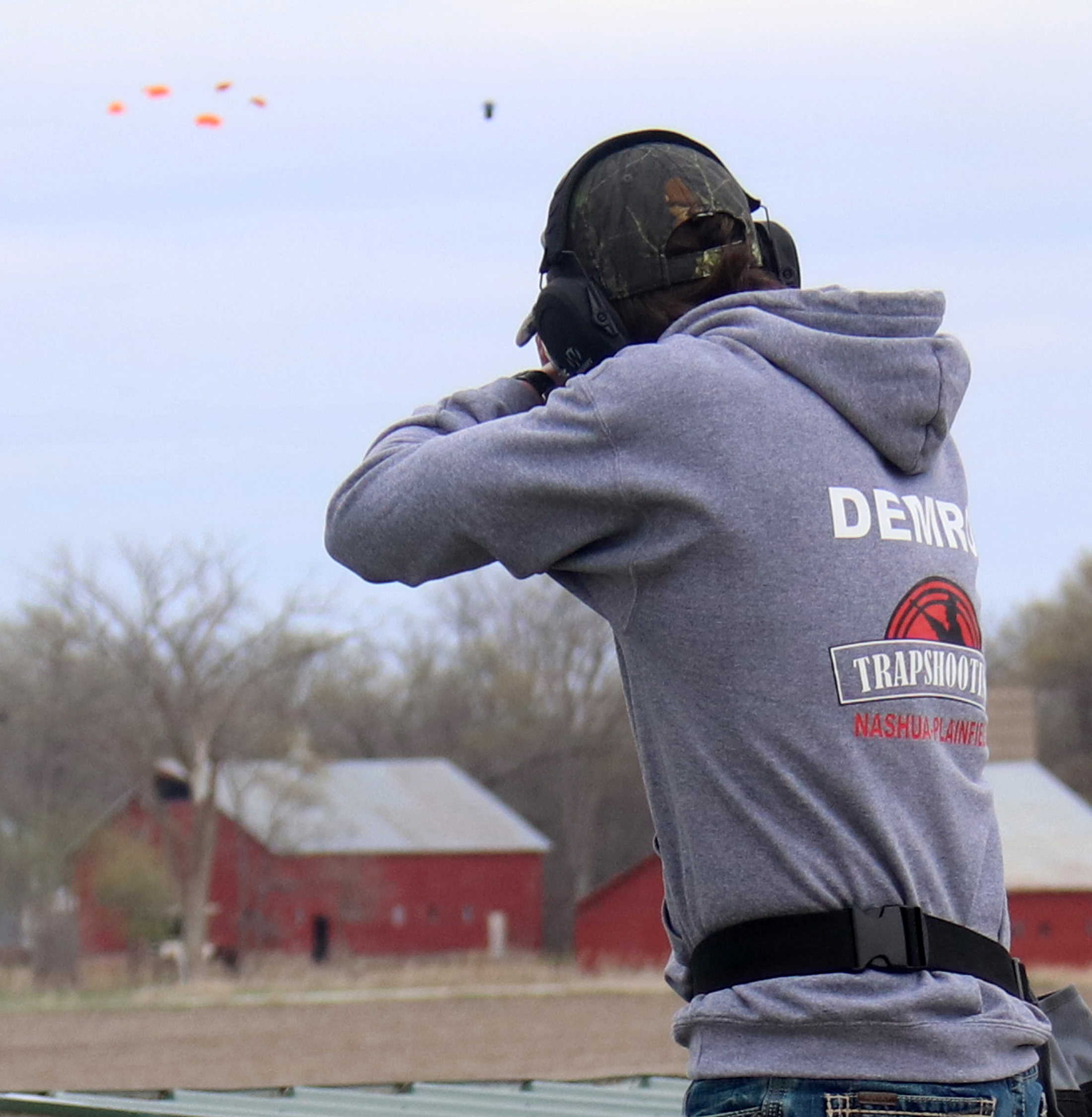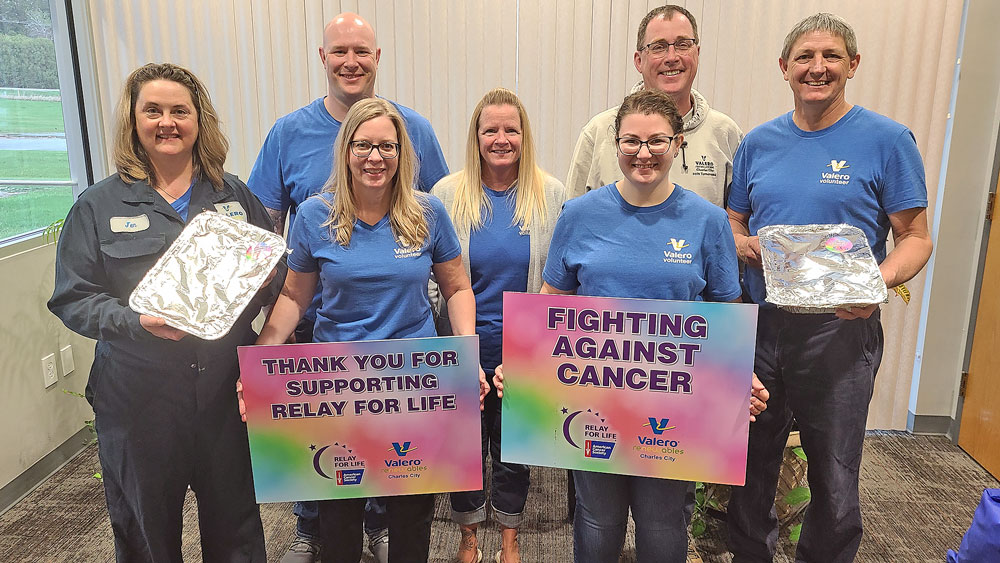‘Building bridges’ with diversity group study
“Be the Bridge” invites community to share experiences, perceptions
By Kate Hayden
khayden@charlescitypress.com
When Vicki Bruening saw speaker Latasha Morrison present her racial reconciliation group study through an online conference, Bruening wanted a closer look. Would Charles City benefit from “Be the Bridge”, Morrison’s study? Bruening believes so, and called friend Keisha Cunnings to see if Cunnings would be interested.
“We have this incredible diversity in this city, but it’s not unified. It’s not like we know about each other, we get into each other’s lives; it’s divided,” Bruening said. “The hope is just to kind of break that down and push past that into greater things.”
That’s when Bruening and Cunnings decided to introduce “Be the Bridge” at their first Charles City meeting, March 1 at 7 p.m. in the Bethany Alliance BAC Shack, 1202 S. Main Street. The study is used nation-wide among community residents searching for another way to open dialogue over racial tensions and stereotypes.
“It’s really just more of awareness, and I think that a lot of people are ignorant, or we turn our face and not acknowledge some of the things that go on,” Cunnings said. “Maybe if we talk about it and get it out there, it will make things a little bit easier for everybody, not just for African Americans.”
It’s a fluid program at the moment, the two say, and meeting times can be adjusted based on the conversations and needs that attendees identify. But Cunnings and Bruening believe the 11-week adult study is a strong guide for Charles City residents to open discussions with, especially if they have never experienced the effect of race on everyday life –– from perceptions affecting employment, housing, to neighborhood judgements.
“It could be a look, it could be the fact that I didn’t get a job because I’m black. Of course I’m not going to be told that, but I know that’s what it was,” Cunnings said. “I’m not going to be rented a house because I’m getting welfare. It could be anything. It doesn’t have to be one particular thing, it’s open to a ton of things that it could be.”
Differences among families in town can be relatively small and still swept under the table when they aren’t acknowledged –– something as seemingly insignificant as cooking choices can throw a visitor off when they aren’t prepared for it.
“A black Thanksgiving is totally different than a white Thanksgiving….For me, maybe we should talk about that, because I might want to go to her house, and I’ll be like, ‘OK, where’s the greens?’ And she’ll be like, ‘what is greens?’” Cunnings said, recalling conversations with friends.
The study takes a spiritual approach, opening conversations under titles like “Awareness”, “Confession”, “Forgiveness” and “Reconciliation”. The guide is there to open dialogue, Bruening said, and she and Cunnings are willing to follow the group discussion however it evolves –– whether that means meeting once a month, or taking on a more active schedule to keep the conversation flowing.
“The plan is to follow this and use this as a guide, but if major conversations start to happen, that’s the goal. This is the framework…Out of that, the conversations can come,” Bruening said. “I want it to be across denominations, across everything. Come try us out, come see us and see how much you love us and then decide that it’s not for you. How are you going to know?“
“Everybody just needs to have an open mind when they come into this. You’re coming into this to get awareness of the stereotypes. Try to be just open to any conversation that may come about,” Cunnings said. “If this conversation could change two people, or one person, I’m happy for that, because that’s one less person that my kids have to be stereotyped from…If I can get one or two people to say, ‘that makes sense,’ goal accomplished for me.”







Social Share